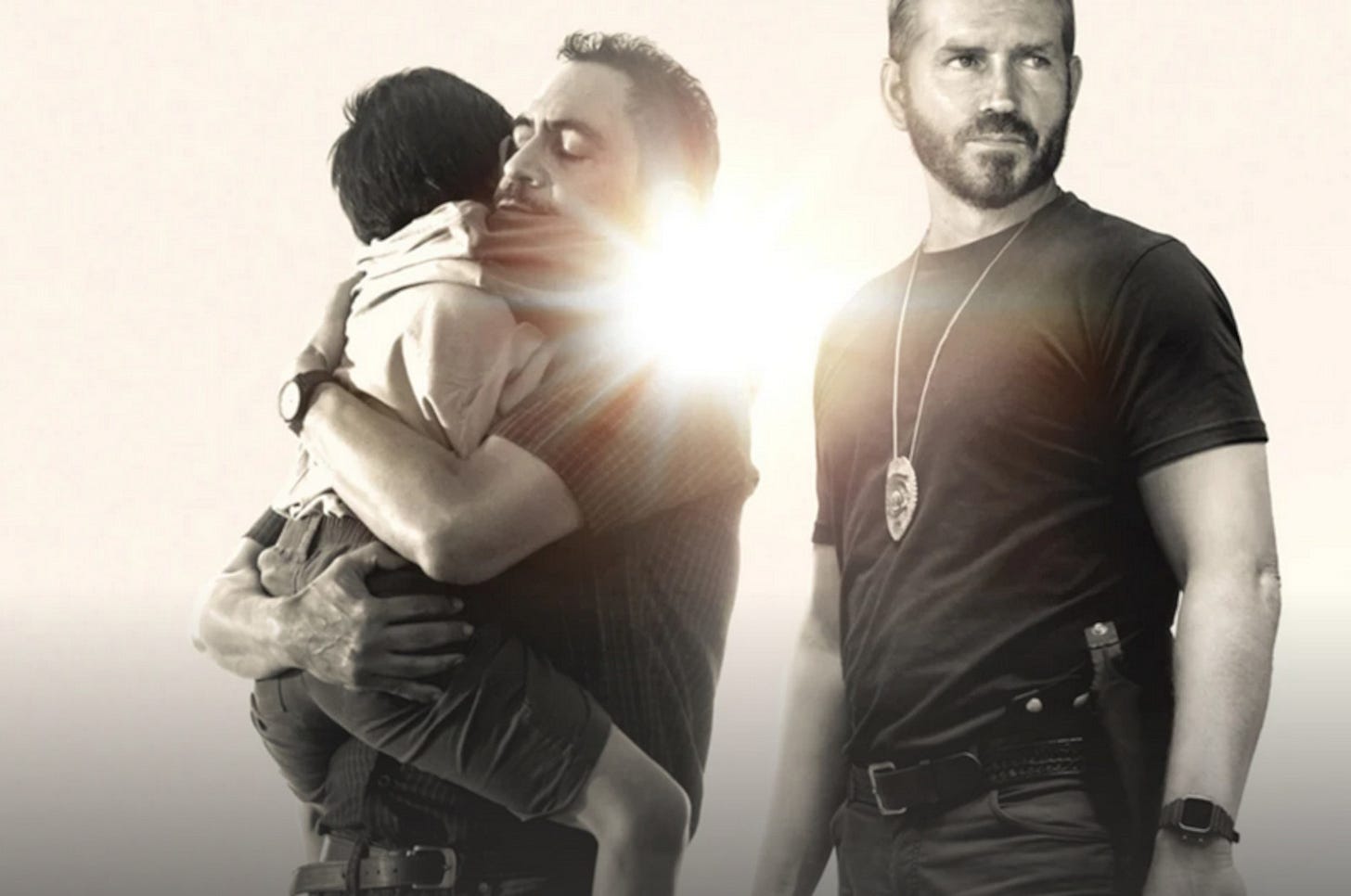Caviezel movie about fight against child trafficking tells compelling tale despite manipulative, politicized marketing
Film review: ‘Sound of Freedom’ by Alejandro Monteverde, ★★★✯☆

Although the two based-on-a-true-story films are of different genres, last spring’s Jesus Revolution and thus summer’s Sound of Freedom have unexpected …


